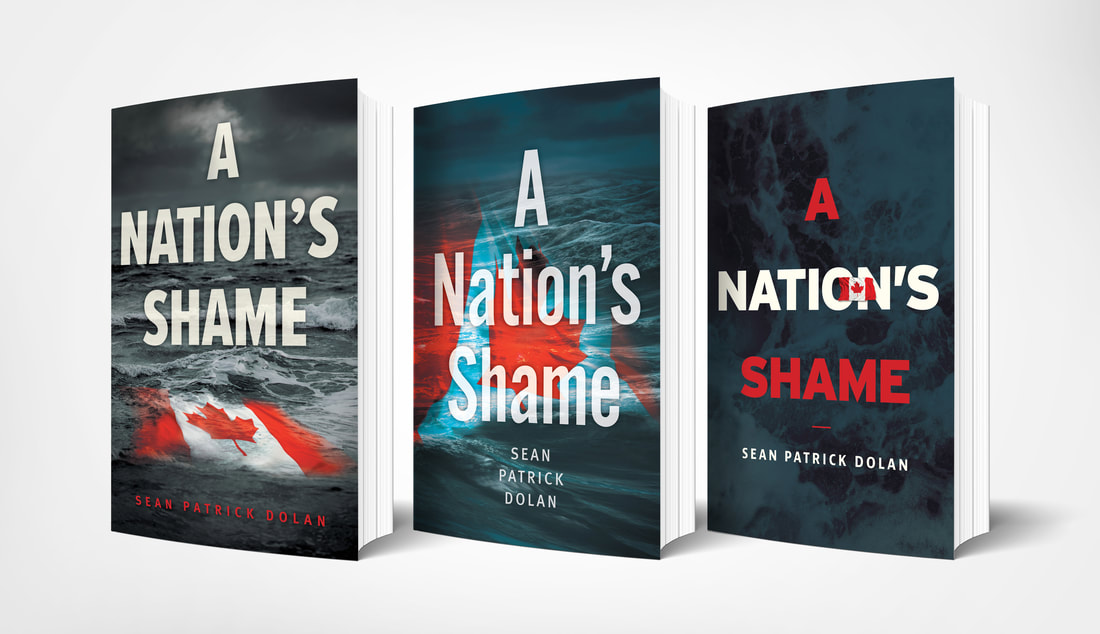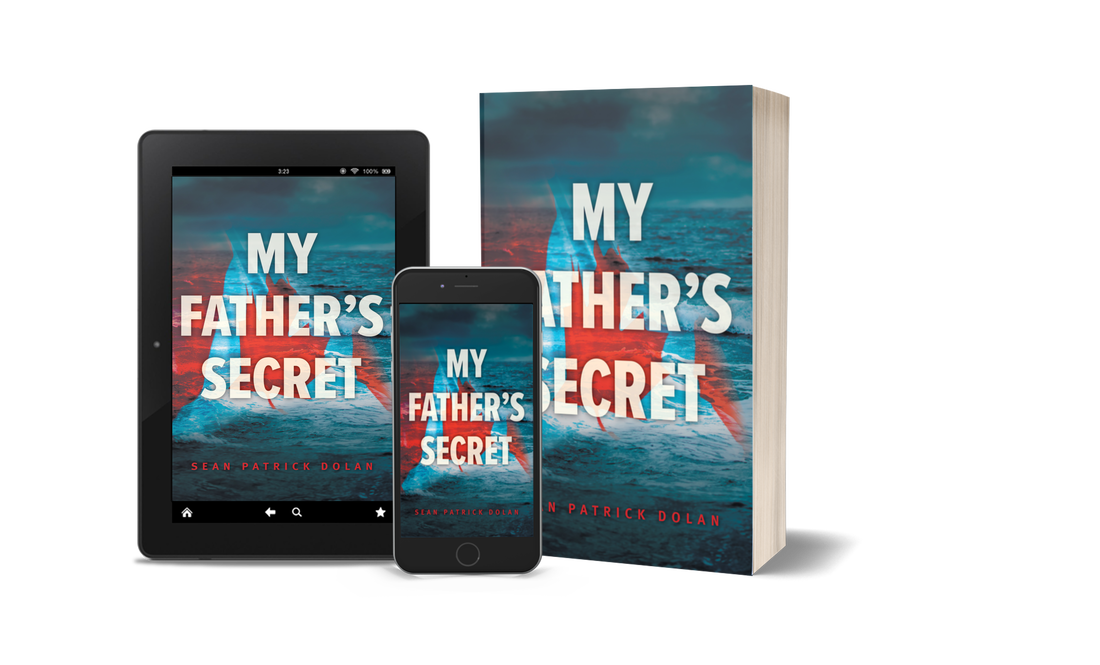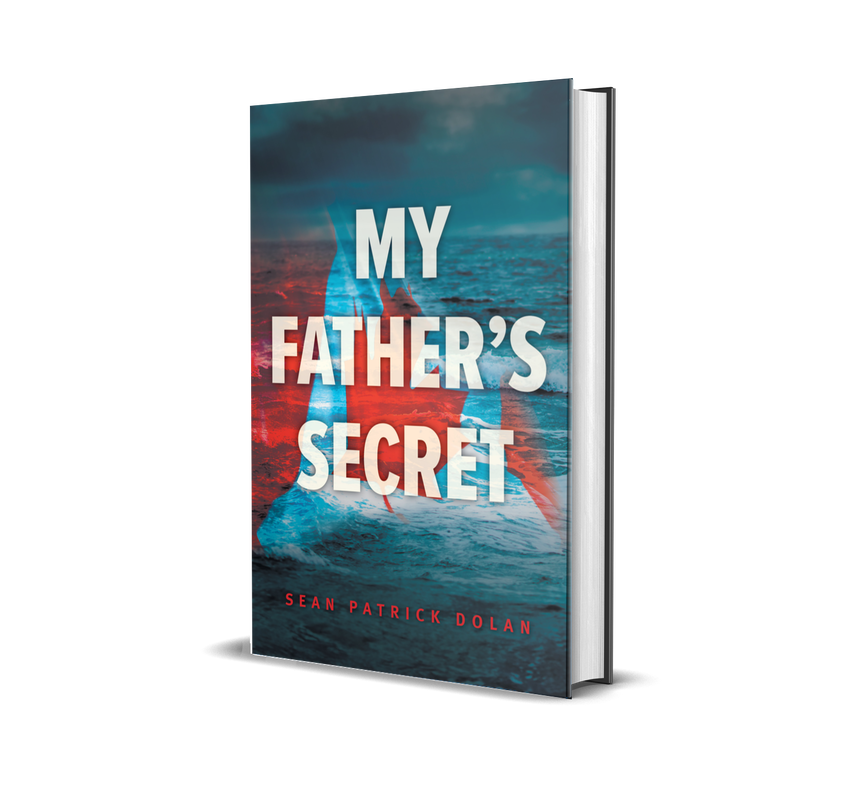Sunday, January 30, 2022 marked the 50th anniversary of Bloody Sunday. To commemorate this pivotal moment in the conflict known as the Troubles, crowds gathered at the scene of the crime. Derry became the place where the bells of St. Eugene's Cathedral rang for the dead, wreaths were laid for the victims at the Bloody Sunday memorial, and family members and their supporters retraced the steps of their fallen sons, brothers, fathers, and grandfathers. They wanted to remind the world that 50 years earlier, the British, in a highly provocative action, sent their elites soldiers—the 'paras'— to police a civil rights protest, and the results were deadly. It should have remained peaceful. After the 15,000 strong assembly of marchers were turned away at an army barricade, they redirected to Free Derry Corner. Sure, a few stayed behind and threw rocks and bottles at those occupying the barricade, but the overwhelming majority made their way away from the skirmish. Then something happened: the British soldiers opened fire on the crowd. By the end of the encounter, 13 lay dead and over a dozen others were rushed to hospital. It was a bloodbath. Unarmed protesters killed by the bullets of the paras. It took years for the families to persuade the British to investigate Bloody Sunday. When the British eventually agreed, they were forced to admit that the soldiers were the one's responsible for what happened that day. However, this admission didn't come until 2010. British Prime Minister David Cameron, the person responsible for delivering an apology on behalf of his nation, knew that his statement had to be sincere. Reflecting on the formal apology he delivered, Cameron said he chose his words wisely. "Unjustified and unjustifiable means, let's not go on arguing about this. What happened was wrong—full stop—end of [conversation] and let's make a proper apology," he told the BBC on the 50th anniversary of Bloody Sunday. Despite the government's formal admission of wrong doing by British forces, no soldier has been held accountable for what happened on Bloody Sunday. Bloody Sunday plays a key role in my novel My Father's Secret. For more details, check out: bloody-sunday-and-my-fathers-secret.html
1 Comment
In November 2012, Dr. Bal Gupta, whose wife, Ramwati, was killed in the bombing of Air India Flight 182, appeared before the Public Safety and National Security Committee in Ottawa. He opened has testimony with this statement: "... it has been my misfortune to have been coordinator and chair of the Air India 182 Victims' Families Association from 1985 onwards." He goes on to lend his support for new anti-terrorism legislation in Canada before providing a poignant and heartbreaking account of the Air India tragedy. Dr. Gupta puts the event into perspective:
Click on the button below to read Dr. Gupta's full statement. When I speak or write about the Air India tragedy, I tend to get very passionate (even preachy) about how we failed the victims through a botched investigation and a collective, national indifference to what happened. I realize that this isn’t entirely fair to the people who did respond appropriately to the tragedy from the eighties to the present.
While passion and anger are appropriate at times, I have been counselled (sometimes overtly and sometimes through passive suggestion) that there are times when a more subdued tone needs to be employed. Speaking in sweeping indictments is often not helpful. This has been revealed to me over the years through a few key encounters and reflection on the entirety of the Air India story.
This is why I need to be mindful to watch my tone at times. There are plenty of people who have given their all to understanding what happened in 1985. There are many who have used their broken hearts to appropriately mourn the lives lost. And there are many who will not let our nation forget what happened on June 23, 1985. In 2020, George Floyd was killed by police outside a Minneapolis deli. The video of his last moments spawned worldwide protests against the systemic racism that forms the undercurrent of so many societies. In the summer after Floyd's death, Canadian School Counsellor magazine asked me to write a story about racism in Canadian schools. Writing the article forced me to look at my own privilege as a white male living a cozy existence in Canada. This article was picked up by at least one school board in their efforts to train staff in identifying implicit bias and acknowledging the systemic racism that still pervades our education system.
Click on the button this link or the button below to read the story. My Father's Secret wasn't always the name of my novel. For the longest time I stubbornly clung to the title A Nation's Shame. My wife was the first person to review my manuscript. She suggested I change the title because it didn't quite sit right with her. She thought it sounded too academic. Like a fool, I dismissed her concerns.
I went through the initial planning phase for the novel with my design team and they came up with the cover mockups above. I told them I wanted a Canadian flag and an open sea included in the design. When I shared the covers with my closest advisors, the middle cover got the thumbs up (I liked the one on the far left). However, two of my advisors felt strongly that the title needed to be changed. From their perspective, A Nation's Shame didn't sound like a work of fiction. To them, when you superimpose the title onto the cover art that I had selected, the book looked more like an government report than a novel. In other words, they agreed with my wife's position—the one I dismissed after she read my draft manuscript. Now I had two different sources telling me the title I coveted was a bust. This created a bit of a crisis for me. Here I was in the design phase of a self-published book and my title had to go. This wasn't a very pleasant experience for me. It took a few days, and quite a few emails to my advisors—and even more discussions with my wife (who I now refer to as my business manager)—before we settled on My Father's Secret. I actually came up with the title while I was laying down for a nap, trying to calm the stresses that had come with the scrapping of A Nation's Shame. My business manager/wife rejected a lot of titles, but when I said My Father's Secret, she responded, "That could work." I dare not dismiss her a second time. For the record, my wife has been my number one supporter through the entire process of writing and publishing the novel. While I was a bit of a stubborn fool early on, I came to rely on, and take to heart, her advice. If it weren't for her guidance, I would have given most of my books away or charged people a pittance. She kept me on point. And she was right to do it. I am not just saying this: she is the yin to my yang. I would be a floundering idiot without her there to balance things out for me. As it turns out (I have shifted back to the title of my book now), calling the book My Father's Secret was the right move for two reasons.
Put in the context of our entire national history, the Air India tragedy, the inspiration behind My Father's Secret, constitutes a colossal failure of government and law enforcement to do the right thing. It is also a massive, collective failure of the Canadian people to do more than pay lip service to multiculturalism, and to recognize that the bombing of those Air India planes was an attack on the fabric of our nation. I maintain that Canadians should be ashamed that the terrorist bombings and mass murder of 331 people has been relegated to a mere footnote in our nation's history. To date, there has been no true reckoning for what happened in and around June 23, 1985. However, when the Air India tragedy is juxtaposed with what Canada has done to Indigenous people, a compelling argument emerges wherein our white, mostly male, predecessors participated in a long, drawn out form of genocide. We tried to 'take the Indian out of the Indian.' We tried to destroy families and First Nations. An honest account of our history demonstrates that we tried to make the Indigenous people disappear. Thank god we failed. While the Air India tragedy is shameful (and I will continue to vigorously defend this position), the attempted long-term subjugation and elimination of Indigenous people is our nation's shame. If you haven't already listened to the MY FATHER'S SECRET playlist, make sure you take a bit of time and listen to the catchy tunes that I dug up for you. It's a different way to enjoy the novel either while you're reading (though this option isn't for everyone) or while you are away from the book. I personally like listening to the playlist when I am driving and when I am taking it easy around the house. The songs are linked to each chapter and sub-chapter of the novel in one of three ways:
Zombie by the Cranberries Featured in the song list for Chapter 1 of the novel, Zombie was inspired by two bombings in Warrington, England (between Liverpool and Manchester) in 1993. The IRA claimed responsibility for the bombings, one of which killed two: Tim Parry, 12, and Jonathan Ball, just three-years-old. Dozens of other people were injured in the wake of the explosion. The event inspired Dolores O'Riordan to write the song as a tribute to Parry and Ball. Music critics at the time called the song a departure from the Cranberries more melodic ballads as Zombie launches into a forceful, uptempo, alternative rock classic. I chose the song for the playlist because it clearly spoke to the Troubles and signalled a theme and tone that fit my storyline. You probably want to check out the video for Zombie here.
Use Me by Bill WithersUse Me by Bill Withers was picked for the playlist because it captures the mood of 1972 from a musical perspective. It is part of the Chapter 2 song selection that includes a mixture of 1970s and early-2000s music. Of all the tunes associated with Chapter 2, Use Me stands out for it's classic groove and soulful vibe. The song itself was Wither's second biggest hit (after Lean on Me) and reached number 2 on the Billboard Chart (kept from number 1 by Michael Jackson's Ben and Chuck Berry's My Ding-a-ling). Where Zombie was picked for the songs clear link to the Troubles, Use Me was picked to set a 1970s mood for the listener/reader.
Bad Side of the Moon by April WineThis Canadian classic was selected for the playlist from two reasons: (a) because it's performed by a Canadian band and (b) because the lyrics hit the mark for what I was trying to achieve in the scene 'A Canadian and a Provo' in Chapter 3. At this point in the story, the RCMP Security Service are coming to terms with the arrival of Darcy Byrne from Northern Ireland. He's bad news. The first words of the song capture the theme:
It seems as though I've lived my life on the bad side of the moon To stir your dregs and sittin' still, without a rustic spoon Now come on people, live with me, where the light has never shone And the harlots flock like hummingbirds, speaking in a foreign tongue While I identify the song as a Canadian classic (mostly because April Wine made it a huge hit in Canada), Bad Side of the Moon was actually written by Elton John and Bernie Taupin in 1970. Not as Canadian as one might think. You can hear Sir Elton's version by clicking here.
Unwell by Matchbox TwentyLike Use Me, Unwell by Matchbox Twenty was picked to set a mood—this time for November 2003, the time period where Declan Keenan begins to investigate his father's secret. At this point in the story, Keenan is locked away in a school library immersing himself in the available research (of which there is very little) into the downing of BOAC Flight 281. The melody and lyrics provided by songwriter Rob Thomas are a solid reflection of what people were listening to in 2003.
Gimme Shelter by the Rolling StonesChapter 5 of My Father's Secret is pivotal in moving the plot toward its intended (and predictable) destination. Gimme Shelter by the Rolling Stones serves to not only capture the spirit of 1972, it also fits the theme of the chapter. As Mick Jagger sings at the start of the song:
Ooh, a storm is threatening My very life today If I don't get some shelter Ooh yeah I'm gonna fade away The song then proceeds with a sense of urgency (War, children/It's just a shot away) as the focus of the song speaks of the need for shelter from the madness that is occurring in the world with the rhythm of the song reflecting the lyrics. In Chapter 5, the madness is brewing with the characters not knowing how desperately shelter against the coming storm is needed.
Dark Necessities by the Red Hot Chili-PeppersWith one of the catchiest bass lines of all time (in my humble opinion), Dark Necessities takes the listener on a musical journey that both embodies the musical essence of the Red Hot Chili-Peppers and captivates the listener with its melody and lyrics. In Chapter 6 of My Father's Secret, the Irish hatch a plan to mess with the RCMP Security Service. Their propensity for evil becomes evident. Indeed each emerging terrorist could be described with the refrain 'dark necessities are part of my design.'
Bad Company by Bad CompanyIn Chapter 7, the events of 1973 take centre stage. The music on the playlist blends dark themes with 1970s rock songs—sometimes in the form of cover tunes like John Lennon's Instant Karma, covered by U2. Bad Company by Bad Company takes the listener back to the shadier side of the 1970s as Paul Rodgers expresses an oath to be part of 'Bad company til the day I day.' He describes what bad company looks like:
Rebel souls Deserters we are called Chose a gun and threw away the sword In My Father's Secret, Chapter 7 is all about the men who 'chose a gun and threw away the sword.'
Idioteque by RadioheadRadiohead is one of those bands that, when I listened to them for the first time, I thought they were pretty good ... that is until I listened to them a second and a third and a forth time. I love bands that get better every time their music hits my ear. Idioteque is connected to the What's Our Exposure scene in Chapter 8. The song explores the angst of those living in wartime. From the perspective of My Father's Secret, the scene associated with this song is best described in the lyrics: 'We're not scaremongering, This is really happening.' Once you read the scene, you'll know what I mean.
Calling All Angels by TrainChapter 9 is called Declan's Last Stand. The main characters search for justice is frustrated at times and Calling All Angels by Train reflects Declan's appeal for help—or even just an explanation for why things are unfolding the way they are unfolding. This part of the song describes Declan's struggle:
When there is no place safe and no safe place to put my head When you feel the world shake from the words that are said And I'm calling all angels And I'm calling all you angels
A Farewell to Kings by RushThe experience of music continually sounding better with each listen is something I first experienced while listening to Rush's A Farewell to Kings when I was a teen. I soon discovered that Rush always sounded better over time and with plenty of volume. How three guys made all that music is a marvel to me.
Rush appears four times on the My Father's Secret playlist: Hope, Cinderella Man (covered by the Trews), Resist and A Farewell to Kings. The final Rush song on the playlist is really associated with the Afterword where I speak of how the Air India tragedy of 1985 inspired the writing of the novel. The Afterword is an expression of dismay and disappointment in the aftermath of the worst terrorist attack in Canadian history. Neil Peart put's my thoughts into eloquent poetry: The hypocrites are slandering The sacred halls of truth Ancient nobles showering Their bitterness on youth Can't we find The minds that made us strong? Oh, can't we learn To feel what's right and what's wrong? What's wrong My Father's Secret tells a story of betrayal that encourages people to 'feel what's right and what's wrong.'
There are 82 songs on the playlist. I have described ten of the them here. If you want to see the rest, go to the playlist on YouTube Music or click on the Word file below. It is a pretty cool way to experience the novel in a very different kind of way.
|
Sean Patrick Dolan's BlogSean Patrick Dolan is the author of the thriller, My Father's Secret, inspired by the Air India Bombing. Archives
August 2022
Categories
All
|
||||||||




 RSS Feed
RSS Feed